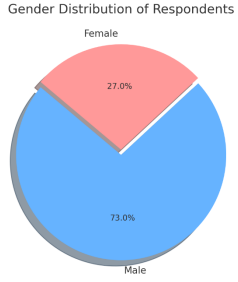The Impact of Operational Guidelines on Cargo Dwell Time in Nigerian Ports: An Empirical Analysis
Management and Economic Journal
,Volume
2023
,
Page 673-687
Abstract
The purpose of this study is to explore the impact of operational guidelines on cargo dwell time in Nigerian ports. Inefficient cargo dwell times have long hindered port efficiency, contributing to delays, increased costs, and reduced competitiveness in global trade. This study addresses a critical gap in the literature by specifically examining how adherence to standardized operational procedures influences cargo processing times. A cross-sectional survey design was employed, gathering data from 129 respondents across major Nigerian ports, including Apapa Port, Tin Can Island Port, and Port Harcourt Port. Data were collected using a structured questionnaire and analyzed using descriptive statistics, correlation, and regression analyses. The findings reveal a strong positive correlation (r = 0.635, p < 0.01) between adherence to operational guidelines and reduced cargo dwell time. Regression analysis indicates that operational guidelines explain 40.3% of the variation in dwell time (R² = 0.403), with a unit increase in adherence associated with a 0.582-day reduction in dwell time. This study addresses a significant gap in the literature, which often generalizes inefficiencies in cargo dwell time without isolating the role of operational guidelines. By providing empirical evidence of this relationship, the research underscores the importance of clear, consistent, and enforced operational procedures in improving port efficiency. These findings have practical implications for port management and policymakers, suggesting that adherence to operational guidelines, supported by technology and infrastructure improvements, can enhance the efficiency of Nigerian ports.
- Operational Guidelines, Cargo Dwell Time, Nigerian Ports, Port Efficiency, Maritime Regulation.

How to Cite
Download Citation
References
- Article Viewed: 344 Total Download




